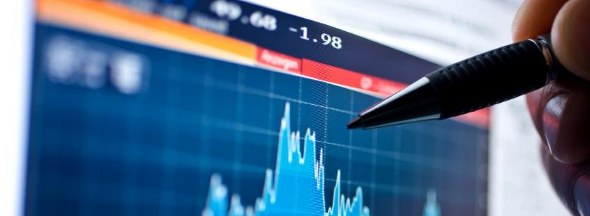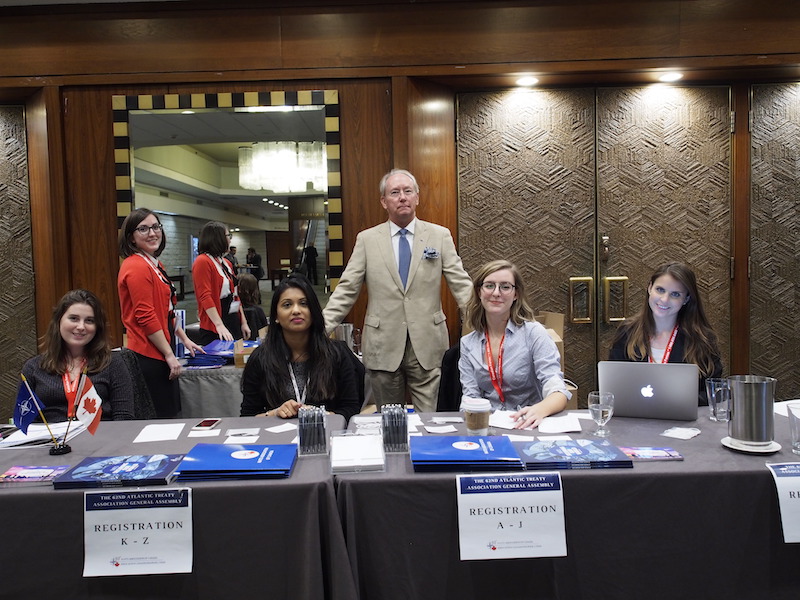Ever dreamed about being an economist?
Are you curious about what caused the last financial crisis? Do you want to apply yourself in a quantitative field? Are you good with numbers, statistics, graphs and charts? Do you have excellent attention to detail, and do you enjoy working independently? If so, you should consider a career as an economist.
What do economists do?
Economists are social scientists, which means they are tasked with interpreting and forecasting social phenomena. In particular, economists collect and analyze large swathes of data about market-related activity, such as goods and services, capital markets, and labour. Using that information, they construct models from which they extract trends and derive a predictive ability: that is, the capacity to make accurate forecasts about the future. With these forecasts, economists are able to offer useful recommendations to decision-makers in the government and private sector. Sometimes, economists themselves are charged with making decisions. The governor of a central bank, for example, wields enormous power over a national economy, and uses his or her economic acumen to make important decisions about interest rate setting and asset purchases.
Perhaps you’ve heard of the New York Times columnist and Nobel Laureate Paul Krugman, or of Mark Carney, the former Governor of the Bank of Canada. Maybe you’ve even come across the writings of John Maynard Keynes, Karl Polanyi or Friedrich Hayek, three of the most influential economists in modern history. Their predictions do not always come to fruition. In fact, many economists failed to predict the onset of the financial crisis in 2008. However, their insights are extremely valuable and serve a crucial social function in modern capitalist societies.
Broadly speaking, the study of economics is broken down into two fields. Macroeconomics examines the ‘big picture’, or system, by analyzing trends in the global economy. Macroeconomists try to understand things like unemployment, international trade and finance, changes in prices, economic growth and the performance of national economies. Microeconomists, on the other hand, take a narrower view and look at individuals and firms within the broader economic context. The study of labour, prices, and market structures would fall within their field of activity. By no means are these two branches mutually exclusive. Many practitioners integrate macro- and micro- perspectives in their analyses.
Great, so how do I prepare for this career?
Working as an economist requires a sterling academic background. Taking math and economics classes in high school is an essential first step. Once you have entered university, take introductory courses in micro- and macro- economics in your first and second year of undergrad, and pursue a major or specialization in the field. Then, pursue more advanced courses in economic history, international economics, labour economics, econometrics, and other course offerings that pique your interests. Early in your academic career, speak with your professors and academic supervisors. A mentor will help you plan your academic career, discuss your interests, and guide you towards a graduate program.
A Master’s (MA/MSc in Economics or MBA) or Doctoral degree (PhD/DPhil in Economics) is the standard academic qualification for professional economists. To qualify for admission to most programs, you will need a competitive cumulative grade point average, likely 3.5 or above. Do not fret if your first year grades suffer; you can always make up for poor performance in upper years. You will also need reference letters from faculty, and likely some extra-curricular involvement to bolster your profile.
In the course of your studies, you will need to obtain an internship or work placement in the field. Think tanks, academia, government institutions, banks and other organizations hire student economists to perform a period of analytical functions. Upon graduation, many freshly minted students join a professional organization to enhance their network. Two Canadian associations are linked at the end of this article.
Working as an economist
A traditional economist can work in the public or private sector. That means you can work for your local, provincial, or federal government, a public institution or academia. You can also find employment in financial institutions, insurance companies and large corporations. There are many different roles you can work in. It is likely, whatever capacity you find yourself in, that you will be responsible for collecting raw data, producing research, analyzing your findings, predicting trends, and preparing reports. A background in economics is also a useful platform for other careers in business, such as investment banking, risk analysis, and journalism.
What are the advantages and disadvantages?
Pros:
- As an economist, you have the ability to work in a variety of contexts, irrespective of jurisdiction. Unlike careers in accounting, medicine and law, where there are strict regulations governing your practice, economists have much more freedom.
- You can also tailor your work to your interests. Whether you are interested financial crises, currencies, or international trade, there are a number of areas you can specialize in.
Cons:
- Becoming an economist requires an extensive investment in education. Not only does this require tuition payments and living expenses, but there is also an opportunity cost of the salary you would have earned while in the workforce.
- As an economist, you will likely work independently and at a desk. If you excel in a social setting an enjoy projects requiring teamwork, this may not be the career for you.
More Information:
- Canadian Economics Association – economics.ca
- Canadian Association of Business Economics – cabe.ca
- International Economic Association – iea-world.org
A Selection of Leading Economic Publications:
- The Economists – economist.com
- The Financial Times – ft.com
- The Financial Post – financialpost.com





